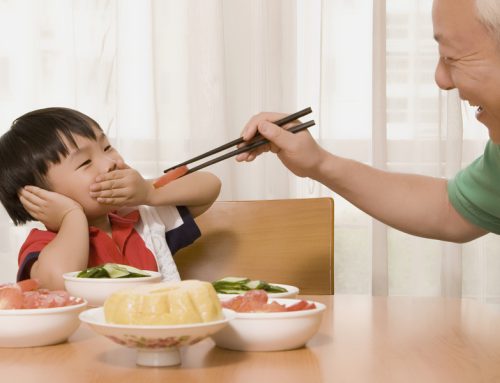We can say that PLAY is important for both adults and children. It helps to release stress, enhances creativity and encourages social interactions. Play teaches us many things. Play provides the foundation for socially well-adjusted and adapted adults.
Recall back when you were a child – how often did you head out of your home and play? I mean really played with your neighbourhood friends as well as school mates?
How did you feel? Did you have fun?
I was back in my hometown, Penang Malaysia recently, and I met up with an aunty of mine. My cousin sadly passed away recently, and her husband was away for work. So my aunty became the sole carer for her two children, aged 7 and 12. She mentioned that her grandchildren would not be back from school until in the evening.
Their days start from 7.15am and go until 6.30pm. They will head for school and stay at after school care until later in the afternoon to attend extra curriculum or tuition after school.I am pretty sure there are many other children who will go through the same regiment as well.
There is no doubt growing up in Asia means the competition is keen. I had been through that many years ago… endless tuition after school (from senior primary school onwards), exams and homework, but one thing we had – that I doubt many children can truly enjoy nowadays – was PLAY!
We truly were blessed with the freedom of play, whether at school or at home. Yes, we studied very hard, but when it came to recess time, we PLAYED. When we were at home, we PLAYED almost every afternoon with our friends living in the neighbourhood.
At the end of the year, for two complete weeks, we would meet up with our relatives at a rented bungalow up Penang Hill.We, the kids would have two complete weeks of unlimited play and adventures. How we interacted or played with each other was totally up to our imagination and creativity, and at the same time tested our social skills to the limit!
When I look back and compare it with my cousins children, I feel really sad for them. They have missed out on the FUN that their mum and all her cousins shared together.
What I have learned from those play times with my neighborhood friends and cousins:
- We had the ultimate free play – where we set the rules to adapt to the situations and environment.
- We learned to negotiate and get along.
- We worked hard to invent and create new games.
How FREE play helps with a child’s development:
- Motivation and initiative – We were constantly inventing new games, game plans and strategies, and articulating as to when and where to play.
- Creativity – constantly inventing new games based on what we could find or had.
- Connection and relationships – as we need others to play games, we learn how to negotiate and get along with anyone who turned up to play.
- Language – We learned different language and culture, as we have to get along with friends from different beliefs and backgrounds.
- Emotional maturity – We learned to control our emotion if we lost in any games, so be it, as there will always be the next day and a new game plan to think about.
- Time Management – We learned to get our chores and homework done as soon as possible, as we need time to invent and plan the games, as well as enough time to play. All our free time were spent creating, planning and playing.
The above example clearly demonstrates why play, especially free play, is important for the development of physical, intellectual, cognitive, social and emotional well being, as well as health and fitness.
All these playground experiences and development play an important role in a child’s maturation process as they provide the foundation for becoming socially well-adjusted and adapted adults.
From my own experience, the playground is a complex social network, where children will learn a lot of valuable lessons through the many interactions.
However, remember, PLAY is not only for kids – Adults need play too.
Have a fun day with your family!







Leave A Comment